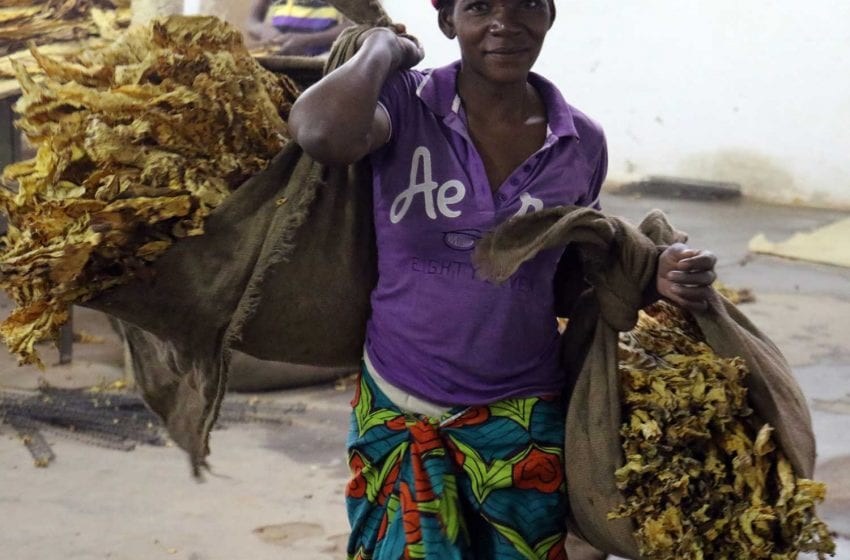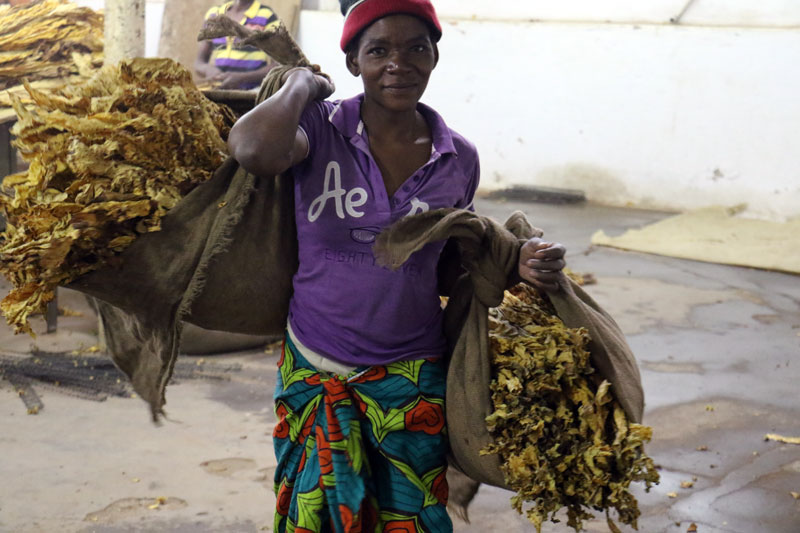Zim Drops Offshore Funding Requirement
- Featured Leaf News This Week
- August 14, 2023
- 0
- 3 minutes read


Tobacco merchants operating in Zimbabwe will no longer have to source offshore the financing to support the production and buying of green leaf from contracted farmers, reports The Herald, citing an announcement by Reserve Bank of Zimbabwe (RBZ) Governor John Mangudya.
The change is expected to boost funding of tobacco using local money and is in line with the Tobacco Value Chain Transformation Plan, which seeks to raise localization of tobacco funding to 70 percent by 2025 to keep more value in Zimbabwe.
Previously, merchants who failed to secure offshore financing were required to apply to the RBZ for authority to raise money on the local market.
Currently About 95 percent of Zimbabwean tobacco production is financed using offshore loans under contract farming. The offshore pre-financing arrangement means tobacco merchants bring into the country part of export proceeds in the form of inputs. After exports, the bulk of the export proceeds are used to pay offshore loans.
However, some stakeholders in the industry suspect the costs of inputs have in many cases been inflated, increasing foreign obligation and reducing export earnings.
Indigenous merchants welcomed the RZB move. “This makes life easier for local merchants,” an executive with a local tobacco company was quoted as saying. “Seeking a special dispensation from the central bank to source local funding created a regulatory impediment for local players to jump through.
Terrence Ngarwe, a Harare-based agriculture economist, said the new policy measure would see the country retaining more value from tobacco. “By having tobacco funded with local money, it means more money stays in the country,” said Ngarwe.
While Zimbabwe Farmers Union Executive Director Paul Zakariya applauded the new rules, he urged the industry to move away from contract farming and boost the domestic processing and manufacturing capacity.
“The financing mechanism through contract is not viable even if we are to fund tobacco using local money,” said Zakariya. “We need to alter the whole production environment to an extent that farmers can be self-financed and get loans from the banks and sell tobacco at the auction.”
Zimbabwe produced a record 295 million kg of tobacco this season, due to favorable weather conditions, improved agronomic practices and better funding packages by merchants, according to the Tobacco Industry and Marketing Board.
